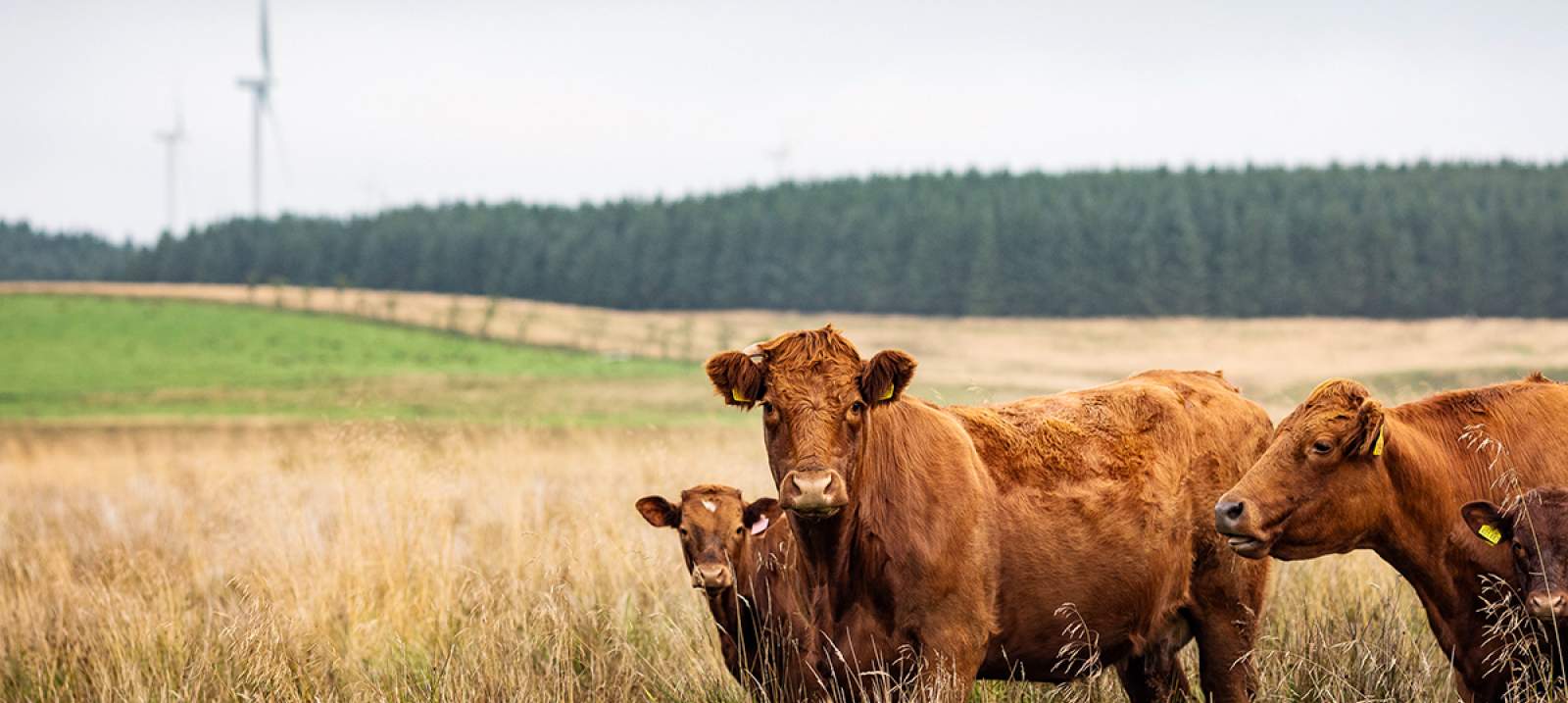
Driving deforestation-free leather in the automotive industry
The Deforestation Regulation (EUDR) will prohibit the import of commodities, including beef, palm oil, coffee, paper and derived products, unless their origins can be traced, using geolocation data to prove that the products do not originate from recently deforested land or have contributed to forest degradation.
The use of leather in vehicle interiors makes the automotive industry a significant player in the leather market and has previously been under the spotlight for not doing enough to mitigate its deforestation risks. There are still some areas of the automotive supply chain which fall short in addressing its deforestation footprint especially when it comes to responsible and sustainable sourcing of materials.
For over two decades and through a host of multi-million-pound investments in the Bridge of Weir Leather state-of-the-art production facility, we have led the automotive leather industry with our commitment to traceability and efficient, circular manufacturing, adhering to the upcoming EUDR regulations.
As a business, we are 100% transparent, something very few suppliers can claim. We meticulously track the journey of our materials from their source, ensuring transparency and accountability every step of the way. Our commitment offers our customers a unique sense of security and peace of mind, knowing they are partnering with a supplier dedicated to ethical practices.
An insightful report published by the World Wildlife Fund (WWF) highlights the crucial role of the leather industry in supporting the fight against deforestation and driving change to accelerate the protection of at-risk habitats.
With our ability to directly influence operations, implement sustainable tannery practices, and eradicate deforestation and conversion in supply chains, leather companies like us hold a unique lever within the supply chain to lead the way and support sustainable principles.
We understand the importance of collaboration and sharing information across sectors to address environmental concerns associated with leather production to create a more sustainable and transparent supply chain.
Deforestation-free leather is not just a legislative requirement but a moral imperative. The growing support from various industries shows that the demand for deforestation-free leather is more than just a trend; it reflects an ongoing movement for ethical practices to protect the world's ecosystem and shape a more responsible global business landscape.
Bridge of Weir Leather: ahead of the curve
With a 20-year commitment to sustainability and traceability, Bridge of Weir Leather is already ahead of the curve, ensuring that its supply chains do not contribute to deforestation.
As consumer preferences evolve, so must industry practices. Today's discerning consumers seek products that resonate with their values. By adopting deforestation-free leather, automotive brands can not only meet but exceed consumer expectations and boost brand loyalty and resonance with the environmentally conscious market.
The call for commitment is not just a rallying cry for the industry; it's a testament to the core values that have guided us for two decades.
We set ourselves apart by providing confidence in our supply chain. With full traceability of our rawhides, we already adhere to the European Parliament's regulation, ensuring that our supply chains do not in any way contribute to deforestation.
From sourcing over 98% of our rawhides locally from the UK and Ireland, all of which are a by-product of the beef and dairy industries, there’s no risk of deforestation with any Bridge of Weir Leather product.
Scottish Leather Group’s 2023 ESG (Environmental, Social, and Governance) report is a testament to showing its progress towards achieving net zero leather production by 2025 and how the business can directly support its customers’ sustainability targets. The detailed report highlights a 90% reduction in the carbon intensity of its leather over the last 20 years, as well as 100% traceability of raw materials and 77% of waste recycled in 2022.
As the automotive industry evolves to meet the demands of discerning consumers seeking ethical products, Bridge of Weir Leather encourages the entire sector to commit to a future where leather production is not just luxurious but also environmentally responsible.